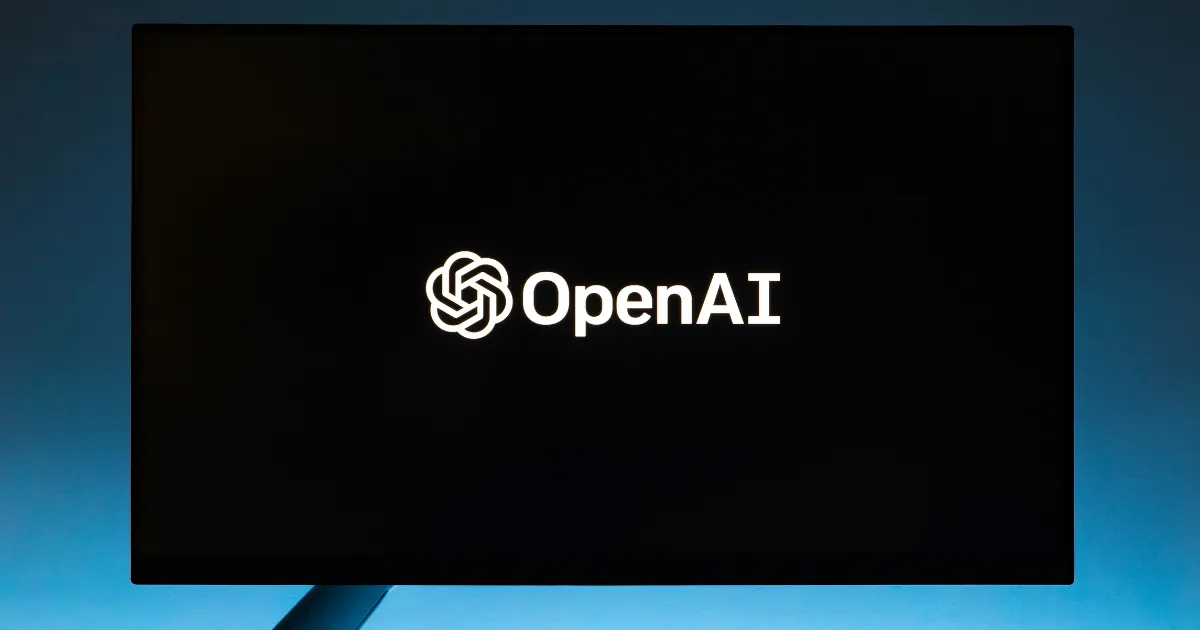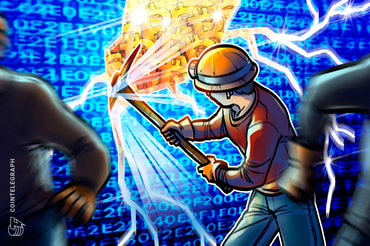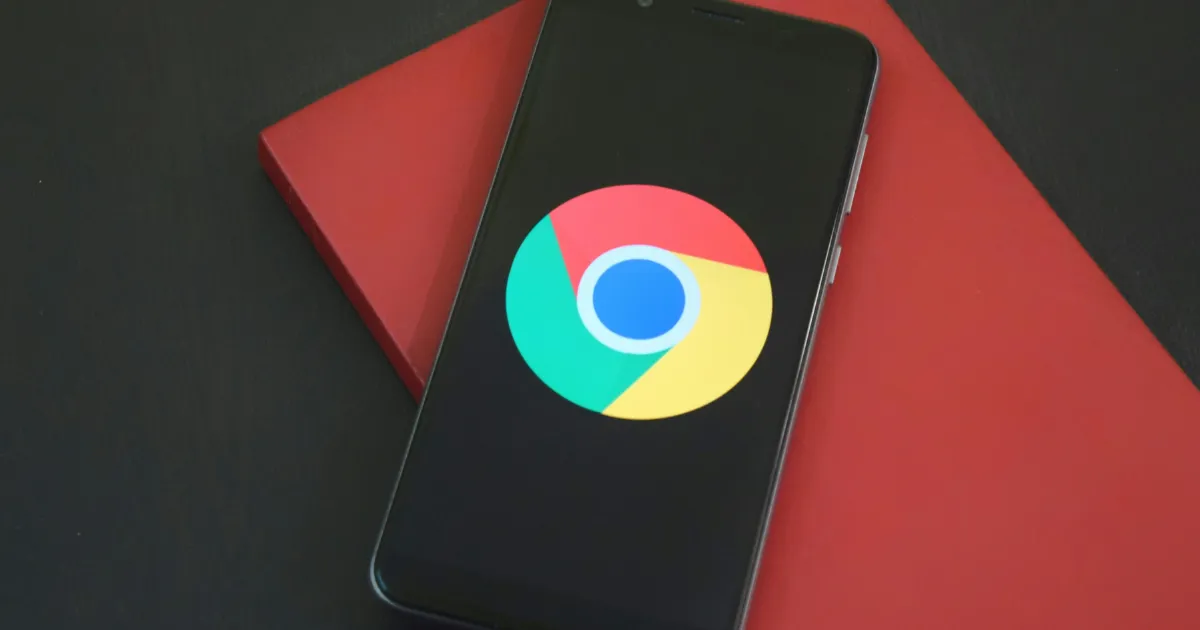ChatGPT Intends to be a Super Assistant for Every Part of Your Life

OpenAI is on a mission to make ChatGPT so essential that it becomes a super assistant that integrates deeply into our lives. The vision for ChatGPT is to evolve beyond traditional interactions and understand the user’s choices, preferences, and history, while assisting with various niche tasks.
OpenAI’s goal for ChatGPT is for it to become an emotionally intelligent companion that can handle complex tasks, such as planning vacations and responding to emails. Future hardware integrations may be possible to further enhance its role beyond just a chatbot.
This mission to make ChatGPT a super assistant is not just a technical upgrade, but a cultural shift, one that makes our lives increasingly integrated and dependent on AI, so that AI becomes the operating system for life. The future is one where AI not only helps but also independently performs tasks.
OpenAI’s goal is not to improve its chatbot, but to create a digital super assistant that knows everything about you, such as when your next meeting is, when you sleep, and when you are tired, and helps you plan your day accordingly, or schedules the entire day according to your convenience.
OpenAI’s assistant will be broad-minded but focused; it could be your future digital lawyer, programmer, secretary, butler, and maybe a better friend than your current friends. With the launch of OpenAI Codex, an advanced AI coding agent, and plans for OpenAI to build an X-like social network, the company is at the forefront of the AI revolution, and further advancements are expected from the AI giant.
OpenAI IO HW1: AI Hardware That Will Read Your Thoughts
This piece of hardware is set to be one of the most significant technologies to launch in recent times, and it may even replace the smartphone. It will be able to read your thoughts by deciphering thought patterns remotely, and it is similar to what Neurolink claims and what Meta is also working on.
OpenAI IO HW1 will feature a receiver and interface, retaining the key features of today’s smartphones. It will be able to understand thought patterns and logically interpret simple commands, without them being spoken. You could consider buying a ticket, and your phone would display options and even book your ticket if you gave it a green light with a glance or a slight muscle impulse.
The wearable interface of the OpenAI IO HW1 will be placed in or around your ears to read brain signals and detect when you want to talk or give a command. It is not intended to be wearable technology, but rather a device that is an extension of you.
OpenAI’s vision for ChatGPT is no longer limited to chatbot interactions—it is rapidly evolving into a super assistant that understands your life in real time. From managing your schedule and drafting emails to potentially interpreting your thoughts with the upcoming IO HW1 device, OpenAI is redefining the role of artificial intelligence in daily life. As ChatGPT integrates deeper into personal routines and hardware ecosystems, it’s becoming clear that the future may be powered not just by AI, but by a deeply personalized AI that acts on your behalf—even before you speak.
About the Author: Sarah Zimmerman is a seasoned crypto and Web3 news writer passionate about uncovering the latest developments in the digital asset space. With years of hands-on experience covering blockchain innovations, cryptocurrency trends, and decentralized technologies, she strives to deliver insightful and balanced news that empowers her readers. Her work is dedicated to demystifying complex topics and keeping you informed about the ever-evolving world of technology.
Sarah Zimmerman
Published on Other News Site
















